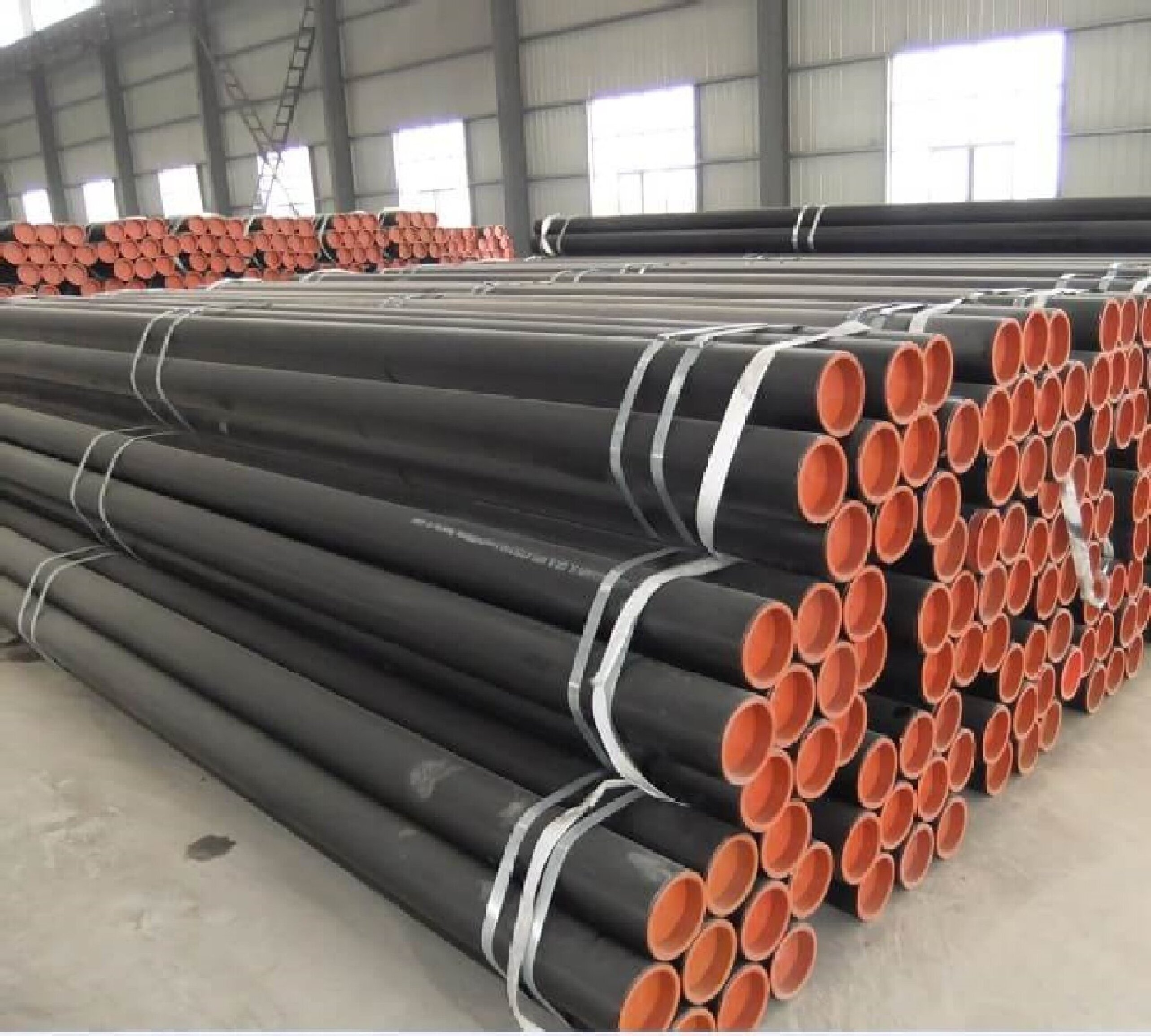-
Cangzhou Yulong Steel Co., Ltd.
-
Phone:
+86 13303177267 -
Email:
admin@ylsteelfittings.com
- English
- Arabic
- Italian
- Spanish
- Portuguese
- German
- kazakh
- Persian
- Greek
- French
- Russian
- Polish
- Thai
- Indonesian
- Vietnamese
- Zulu
- Korean
- Uzbek
- Hindi
- Serbian
- Malay
- Ukrainian
- Gujarati
- Haitian Creole
- hausa
- hawaiian
- Hebrew
- Miao
- Hungarian
- Icelandic
- igbo
- irish
- Japanese
- Javanese
- Kannada
- Khmer
- Rwandese
- Afrikaans
- Albanian
- Amharic
- Armenian
- Azerbaijani
- Basque
- Belarusian
- Bengali
- Bosnian
- Bulgarian
- Catalan
- Cebuano
- China
- China (Taiwan)
- Corsican
- Croatian
- Czech
- Danish
- Esperanto
- Estonian
- Finnish
- Frisian
- Galician
- Georgian
- Kurdish
- Kyrgyz
- Lao
- Latin
- Latvian
- Lithuanian
- Luxembourgish
- Macedonian
- Malgashi
- Malayalam
- Maltese
- Maori
- Marathi
- Mongolian
- Myanmar
- Nepali
- Norwegian
- Norwegian
- Occitan
- Pashto
- Dutch
- Punjabi
- Romanian
- Samoan
- Scottish Gaelic
- Sesotho
- Shona
- Sindhi
- Sinhala
- Slovak
- Slovenian
- Somali
- Sundanese
- Swahili
- Swedish
- Tagalog
- Tajik
- Tamil
- Tatar
- Telugu
- Turkish
- Turkmen
- Urdu
- Uighur
- Welsh
- Bantu
- Yiddish
- Yoruba

Dec . 05, 2024 15:09 Back to list
flanges and its types
Understanding Flanges and Their Types
Flanges are critical components in a variety of engineering and construction applications. As mechanical parts used to connect pipes, valves, pumps, and other equipment, flanges provide a reliable and robust method of forming a seal in a piping system. From oil and gas industries to water treatment plants, the proper use of flanges is essential for maintaining system integrity. This article delves into the types of flanges, their applications, and their importance in ensuring safety and efficiency in fluid transport systems.
What is a Flange?
A flange can be defined as a mechanical component that serves as a protruded rim, edge, or lip designed to facilitate the fastening of two separate entities. In piping systems, flanges enable easy assembly and disassembly, making maintenance and inspection more manageable. Beyond pipes, flanges can also connect machinery parts, providing a stable interface that can withstand high pressure and temperature.
Common Types of Flanges
1. Weld Neck Flange This type of flange is designed for use in high-pressure applications. It features a long tapered neck, which allows it to be welded to the pipe, ensuring uniform strength throughout the connection. Weld neck flanges are popular in industries that deal with hazardous materials.
2. Slip-On Flange As the name suggests, this flange slips over the end of a pipe. It is a common choice for low-pressure applications due to its ease of installation. However, it is essential to ensure a proper alignment before welding the flange to the pipe.
3. Blind Flange A blind flange is used to seal off the end of a pipeline, preventing the flow of fluid. This type of flange does not have a bore, which makes it suitable for applications where future inspection or closure is necessary.
4. Socket Weld Flange This flange is typically used in small-diameter pipes and has a socket on the inside. The pipe is inserted into the socket and is then welded around the joint. This connection type provides a strong and leak-proof seal.
flanges and its types

5. Lap Joint Flange Designed to be used with a stub end, the lap joint flange allows for easy alignment and is perfect for applications where frequent dismantling is necessary, such as in cleaning and maintenance tasks.
6. Threaded Flange This flange has internal threads that allow it to be screwed onto the pipe. It is often used when welding is not an option, making it suitable for low-pressure applications.
Applications of Flanges
Flanges find use across a broad range of industries including oil and gas, chemical processing, water treatment, and power generation. They are essential in constructing piping systems that require precise connections and the ability to withstand significant pressure differentials. Flanged connections also enable the integration of various components like valves and pumps into a system seamlessly.
In the oil and gas sector, flanges must meet stringent safety standards to handle the extreme conditions of high pressure and temperature. Using the appropriate type of flange can help prevent leaks, which could lead to environmental hazards or catastrophic failures.
Importance of Flanges in System Integrity
The reliability of a piping system significantly depends on the flanges used throughout. Proper installation and choice of flange type are integral to minimizing leaks and ensuring the overall safety of the system. Flanges not only facilitate maintenance by providing easy disassembly but also help in adhering to regulatory standards that govern fluid transport.
In summary, flanges are more than just mechanical components; they are vital links that uphold the integrity of piping systems across various industries. Understanding the types of flanges and their intended applications can go a long way in ensuring safety, efficiency, and longevity in system design and operation. Whether in high-pressure environments or standard applications, selecting the right flange is paramount for successful fluid management.
Latest news
-
ANSI 150P SS304 SO FLANGE
NewsFeb.14,2025
-
ASTM A333GR6 STEEL PIPE
NewsJan.20,2025
-
ANSI B16.5 WELDING NECK FLANGE
NewsJan.15,2026
-
ANSI B16.5 SLIP-ON FLANGE
NewsApr.19,2024
-
SABS 1123 FLANGE
NewsJan.15,2025
-
DIN86044 PLATE FLANGE
NewsApr.19,2024
-
DIN2527 BLIND FLANGE
NewsApr.12,2024
-
JIS B2311 Butt-Welding Fittings LR/SR 45°/90° /180°Seamless/Weld
NewsApr.23,2024











